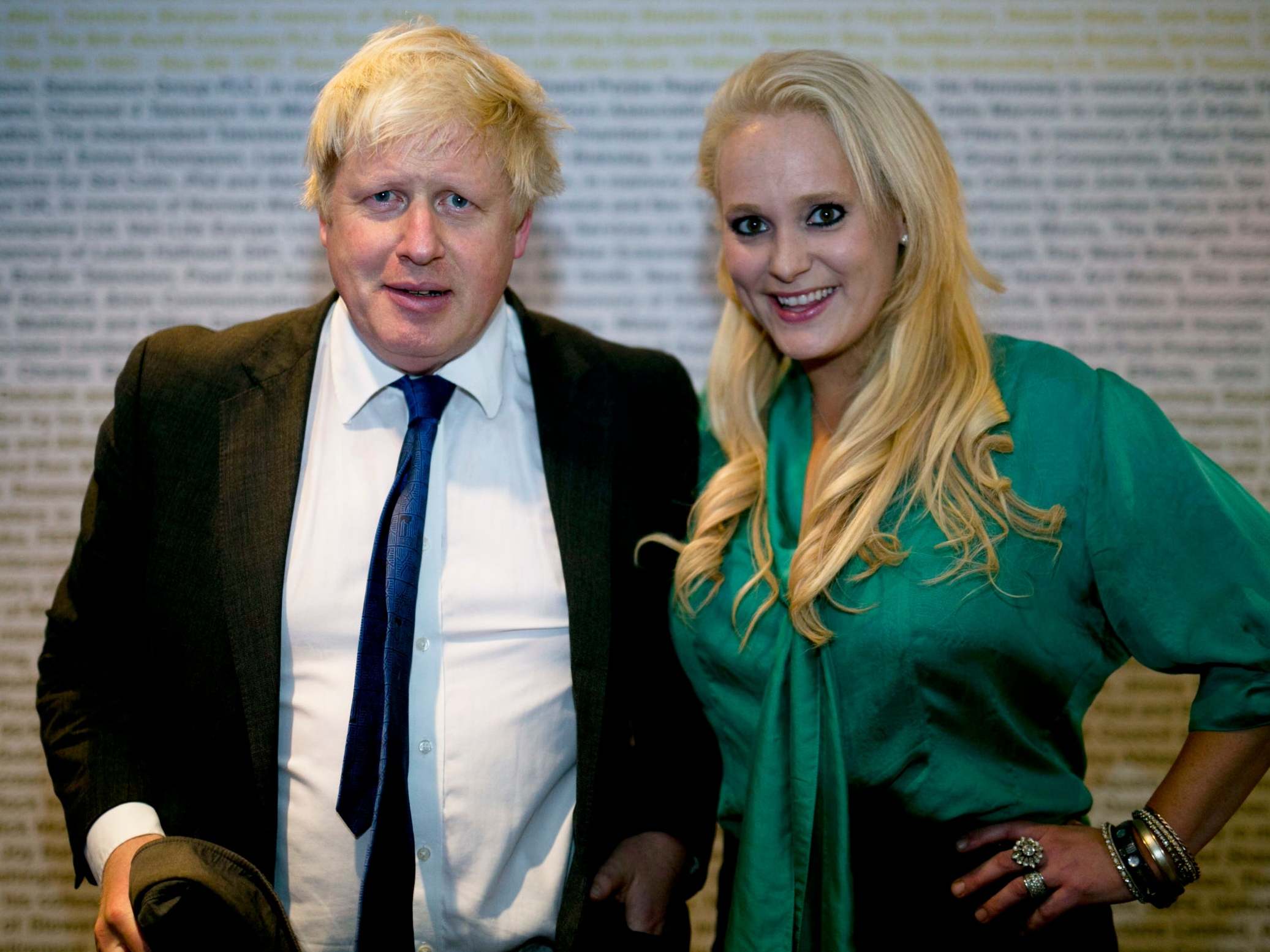Why we have finally stopped caring about Boris Johnson’s potential wrongdoings
If the watchdog announced an inquiry into the prime minister’s alleged misconduct, it probably wouldn’t move more than a seat or two out of the Tory column


On Remembrance Sunday comes an unbearably poignant reminder of what has been forgotten.
We choose to believe that two world wars were waged in defence of democracy. In the case of the second, it might even be the truth.
So it is that each year, on a November sabbath, the great and good, and the neither remotely great nor faintly good, parade at the Cenotaph to pay service – or lip service – to the values we supposedly hold dear, and to those who died in their name.
As they did so yesterday, the abandonment of those values was as visibly on display as the poppies on lapels. And almost nobody, it seems, gives a damn.
In the midst of the most pivotal electoral battle since 1945, when the hunger for egalitarianism buried Churchill’s triumph beneath the Attlee landslide, behold the state of our democracy. Read it on the front pages, and weep.
One newspaper touches on the suppression by Downing Street of an intelligence report on alleged Russian interference in what passes, more laughably by the week, for British democracy.
Another reveals that the “independent police watchdog” – a phrase in which the prefacing “not” is always silent – may postpone until after the election its decision on whether Boris Johnson should be investigated for possible criminal misconduct.
That case concerns, you will remember, his relationship with Jennifer Arcuri, the young American wannabe tech entrepreneur whom Johnson so selflessly strove to assist in her fledgling career. Both Johnson and Arcuri deny any wrongdoing, but in a classic instance of Jungian synchronicity, her relationship with the then mayor of London, platonic or otherwise, coincided with her receiving remarkable access to public funds for one so luminously inexperienced in the field.
What borders on the tragic here is not the alleged stitch-up, news of which lands on the brain with a weary thump that elicits the barest shrug of resigned misery. What kind of neurological disorder would you need to expect the British police, or those designated to oversee them, to be independent of political influence?
It is, of course, a gruesome betrayal of a basic democratic precept when the voters of a country could be denied knowledge that might shape their votes.
But what rends the heart is that it probably wouldn’t shape many votes. If the watchdog announced an inquiry into Johnson’s alleged misconduct in public office – an offence, it’s worth remembering, with a maximum sentence of life imprisonment – it probably wouldn’t move more than a seat or two out of the Tory column. If that.
I don’t suppose for a moment that those who died and were wounded in wars made the sacrifice in the conscious belief that they were fighting at the front or enduring the privations at home for transparency in political life.
Then again, if you collected them in the Tardis and brought them to this day, I do suppose they would be surprised by the lack of it now, and more so by the indifference to that of their descendants.
One should always be cautious about romanticising the other country that is the past. That road leads to fond nostalgia about rickets, the Kray twins being perfect gents who helped old ladies cross the road, the absence of immigrants, and ultimately perhaps to Brexit.
But nor need anyone be too careful about identifying the necrosis of basic morality as an electoral force.

We are a month away from the likely election as prime minister of a man who wears his unblemished amorality on his lapel like a poppy. If his private life is on record as an endless festival of hedonistic treachery, that need not be a disqualifier from national leadership.
When his public life bespeaks the same blatant disregard for decency, it is another matter. Or it should be. Yet here, as on the other side of the Atlantic, it has come to verge on the irrelevant.
There was a time, and not so long ago, when the wider electorate would not have been blithely apathetic about being denied information with the potential to influence their choice of leader.
Today, whatever fury there is about the postponement of any inquiry into Johnson’s alleged corruption and misuse of public funds is reduced to a purely partisan emotion. What would once have been a deafening national scandal is a pipsqueak party political spat.
If we have forgotten so much we affected to be remembering, the poppy is a uniquely ambiguous flower. In its paper form, it represents undying memory. Refined into an opiate, it induces total oblivion. Millions of those wearing the former on their coats might as well be injecting the latter into their veins.
While writing this at the window of a cottage in a picturesque rural Dorset village, I had been watching the procession of richly bemedalled retired Brigadiers and their families – and a centenarian born in the last days of the First World War – towards the church. I have been listening to the eerily, timelessly beautiful sound of a bugler playing “The Last Post”. It might better be retitled “The Lost Past”.
As for the gentle clanging of the church bells, ask not for what they toll. The answer is almost too bleak to be borne. But yesterday all the noble talk of remembrance feels wickedly delusional, if not rankly hypocritical. Yesterday felt more than anything like Amnesia Sunday.
Join our commenting forum
Join thought-provoking conversations, follow other Independent readers and see their replies
Comments
Bookmark popover
Removed from bookmarks